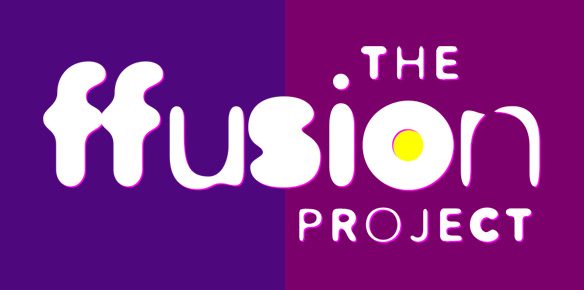4.Interview with Calum Robertson, UK based Guitarist -19/3/21
- When did you start out as a professional or semi-professional musician?
I started working as a semi-professional musician in around 2010. Over time, it has been able to provide me more income, and since 2016 I have been a professional musician.
- How long have you worked as a session musician? And is most of your work home studio or external studio based?
Bits and pieces since 2010. At the moment 100% of my work is home based, but pre-covid it was roughly 50/50
- Does most of your work come through Fiverr or other online platforms or is it direct? If it’s direct how do you advertise and promote your services? And which online platforms do you use?
Around 70% of my work comes through Fiverr, but that accounts for about 25% of my income through recording. Directly, I don’t advertise, and rely on word of mouth. As such, Fiverr is the only online platform I use (unless you include Facebook).
- Do you think online services have had a positive or negative impact on the music industry generally? In particular do you think that these platforms have impacted on how your service is valued and the price that session musicians can charge?
Both. I think online services have made it easier than ever before to collaborate and release music. The flip-side of this though is that the market is saturated with “quite good” musicians, and both as a consumer and a professional, it’s more difficult to sift through to find the gems. I think with this, because it’s become something almost anyone can do, the service is definitely valued lower, and price under-cutting is very prevalent. This is not too different to the gigging circuit though, where professional musicians trying to earn a living wage have to compete financially with groups of hobbyist mates happy to get a few free beers. More than ever, it’s vital to be able to stand out not just from a playing perspective, but from having a professional approach to the work.
- How has the COVID19 pandemic affected you professionally? And what changes have you made, if any, to the way you work during the pandemic? Do you think the pandemic has meant there has been more work for you and session musicians generally?
Drastically. A large percentage of my income was through live shows, which of course are off the table for now. With so many live musicians out of work, many turned to online session work to replace their income. Alongside this, with many hobbyist musicians furloughed, and finding more time to focus on their hobbies, the market of available musicians for hire has been greatly increased. This has also increased the amount of work available, because of course these hobbyist musicians still need collaborators, but most people prefer to work with people they know when possible, so they’ll likely turn to their out of work guitarist friend, as opposed to finding a stranger online. So both supply and demand have increased, but supply more so than demand I think.
- Without the ability to collaborate and work online during the COVID pandemic many session musicians, artists, producers would not have been able to create and release new music. Do you think these changes are here to stay? And what is your view on this?
I think many of these changes are here to stay. Many musicians pushed out of their comfort zone are finding how effective and accessible home recording can be. Things like amp-simulators and drum replacement software have always been a bit of a taboo subject in the music industry, with many people shunning them based on past experiences with old technology. Being forced into using them, I think a lot of people will appreciate quite how good the software available is these days, and how home-based recording can absolutely replace expensive studio time in a lot of instances.
Conversely, I think it’s highlighted quite how important that personal face-to-face experience can be when it comes to inspiration. Those simple “Oh that was nice, play that again. What if I put this underneath it?” are so difficult to replicate remotely (especially due to the unfortunate latency of software like Zoom).
- Finally, is there anything else you would like to say about how the internet has affected your work as a session musician, or how you work?
I think the biggest thing is that it has made it much easier, however it being easier for everyone makes it more difficult to stand out. That’s not necessarily a bad thing though, as it pushes all of us to improve our musicianship, and our “product”.
This isn’t just across session work though, it’s across musicianship as a whole. It’s easier than ever before to access the tools required to improve as a musician. Things that didn’t exist when I started learning, things like Youtube lessons, tab websites, speed adjustment software, are now common place, and I think we’re seeing the quality of the “average musician” drastically improve for these reasons.
